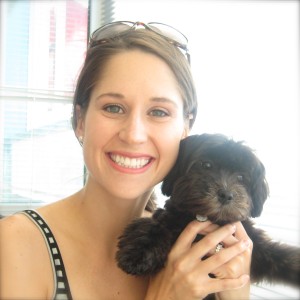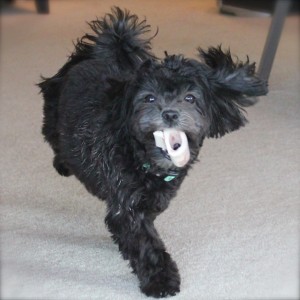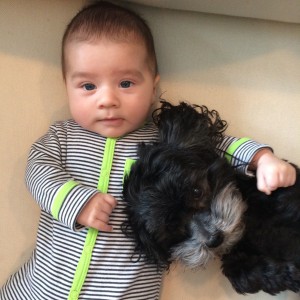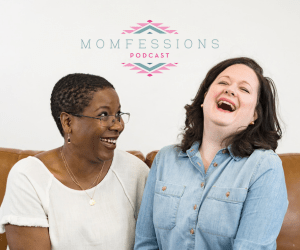June 20, 2010. That’s the day we brought Lucy home. She weighed a mere four pounds and was the sweetest puppy we could have imagined. She has brought us immeasurable joy in the past 5 years. She was our baby before we were ready to have a real baby. I know that my husband David and I were not alone in this “dog baby” phenomena. The majority of our friends became enthusiastic pet parents around that time as well. We watched as these dogs provided comfort through difficult times such as the loss of family members, infertility struggles, divorce, and cross-country moves.

Pet research—yes, there is such a thing—shows that animals typically play one of three roles in the home. They may serve a protective function to guard the family and property. Pets may also serve as a “social lubricant.” This is the guy who takes his cute dog to the park to attract attention from the ladies. And the third, most important function of a pet, is a surrogate that stands in for a human absence. I think its safe to say that our Lucy falls into the surrogate category.
The role of pets as surrogates in families is more common than ever. The high-end, natural dog food industry has exploded. This means we are more invested in the health of our animals. The number of pet stores, dog parks, dog bars, and specialty shops is mind-boggling. Not only do we want our animals to be healthy, but also well-socialized and accessorized.
I am guilty of these pet indulgences. Lucy eats all natural food, has insulated winter gear, and even waves hello—it’s a fun party trick. It would not be fair, or even close to accurate to put my love for Lucy on the same plane as David or my son Nicolas. But I will say that “parenting” a dog as taught me many lessons that I will put to use in my human-rearing years. Here are a few:
If you don’t exercise them, they will tear your house up. A puppy left indoors all day will consume furniture, shoes, and other valuables. Likewise, young children need to climb, run, and move everyday. The National Association for Sport and Physical Education has stated that young children should not be sedentary for more than 60 minutes at a time. Likewise, they also need several hours a day of unstructured physical activity. If you do not provide this outlet, they will be climbing your walls, emptying out the cabinets, and jumping on the furniture.

They aren’t bad on purpose. Dogs don’t chew shoes to be bad. Kids don’t smear chocolate on the white sofa to be bad. They do it because they need guidance and engaging activities. A dog with a rawhide is unlikely to chew a shoe. Similarly, a child who has the opportunity to explore with paints and crayons is unlikely to make a mess on the sofa. We should try to interpret mischievous behaviors as a symptom that they need appropriate play activities and redirection.
They need structure and a schedule. Nicolas slept through the night at an earlier age than my dog. Lucy was very fickle about eating in her first year of life. She would eat secretly when we were asleep, subsequently needing to go out. After a year of this midnight feeding/toileting routine, the vet finally suggested “tough love”. At that point I was fairly certain David and I were going to fail at being human parents. We couldn’t manage to enforce a simple dog routine. But we did not make the same mistake twice. The human baby has a healthy amount of structure around meal time and a nap schedule that has turned him in to an excellent eater and sleeper.
Freedom learned is freedom earned. In recent years I traveled to Europe and South America where I noted many dogs being walked off leash in the cities. These dogs have been trusted with this freedom their whole lives by learning and practicing boundaries from the earliest years. Rather than fearing how our children will manage life out of our reach, we need to give our children the opportunity to practice freedom safely. Even if it is just in the front yard. The Free-Range Kids Project is an ambitious undertaking that encourages kids to explore the world freely without adult supervision. It provides an example of how “loosening the grip” can transform the parent-child relationship into one of trust and confidence.

These days, Lucy plays second fiddle. I still take a fair share of photos of her, and she does her fair share of photobombing. Nicolas is enamored with her—his first word was dog. And personally, I think he is learning some good social skills from her. Namely life lessons like “if you pull my hair, I won’t want to be friends with you.”
Does anyone else look back fondly on their “dog-parenting” years? What have you learned from your dog?













